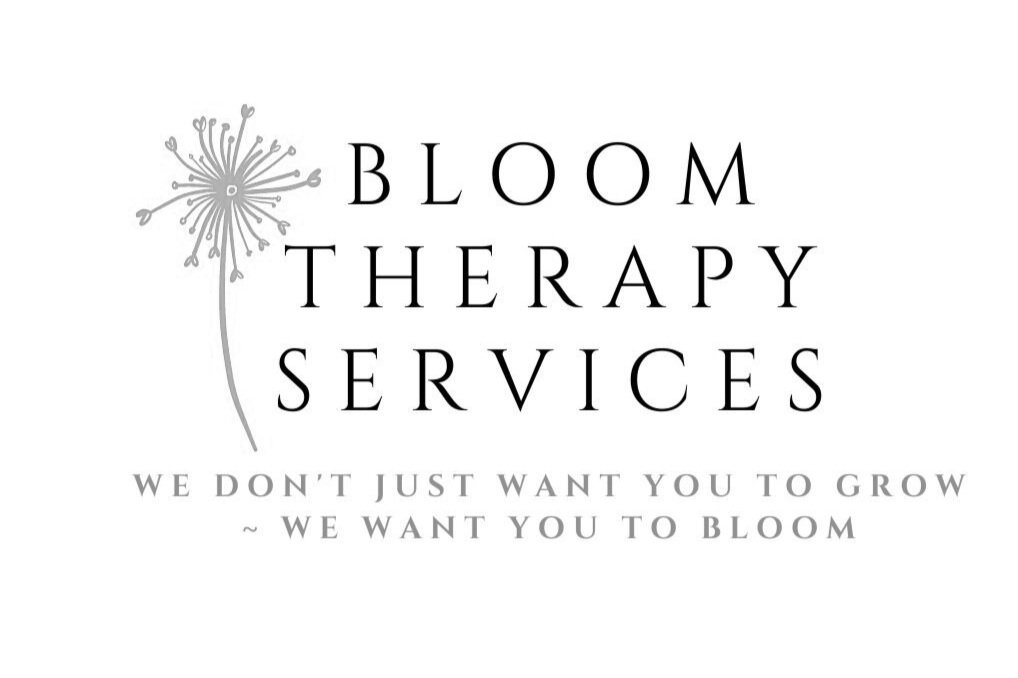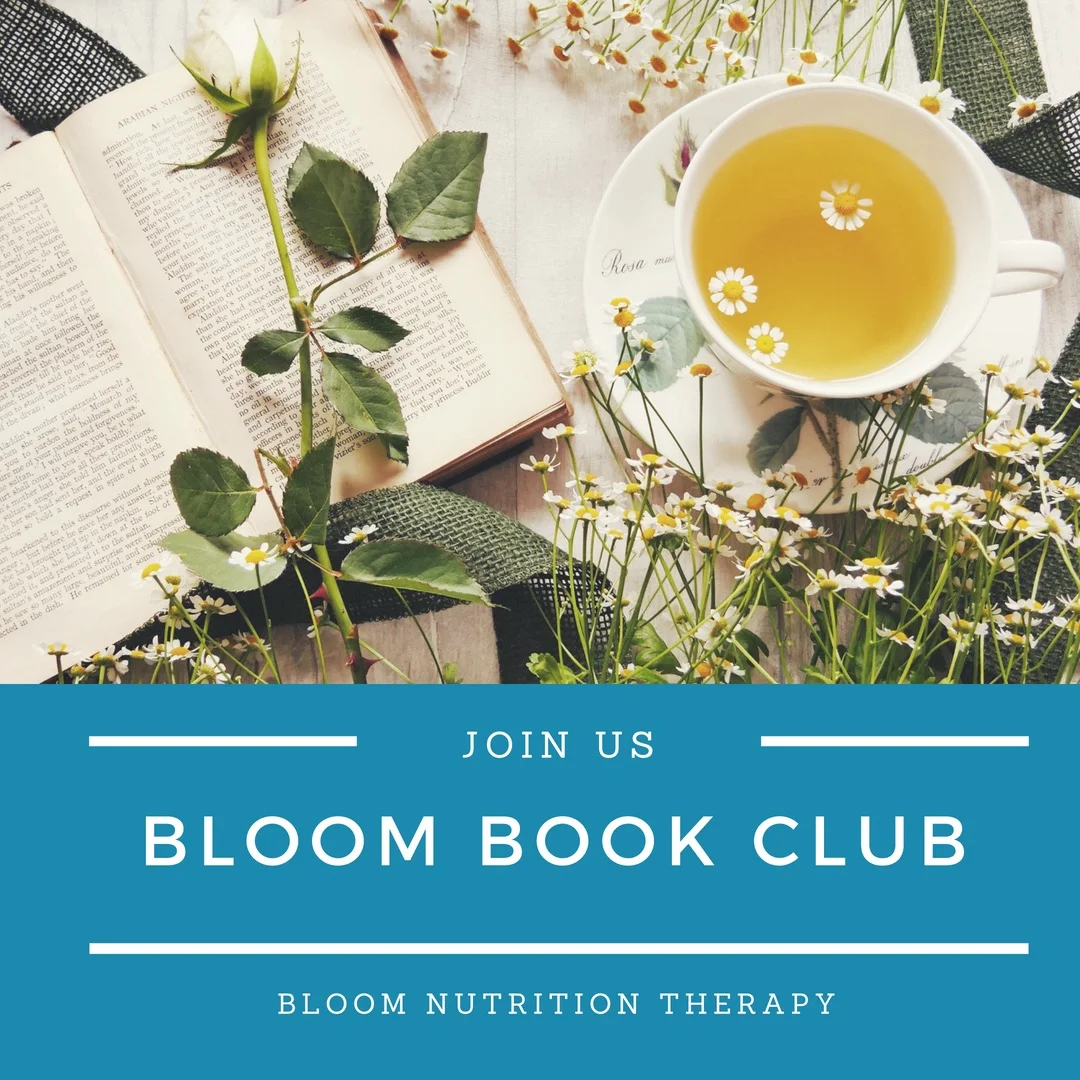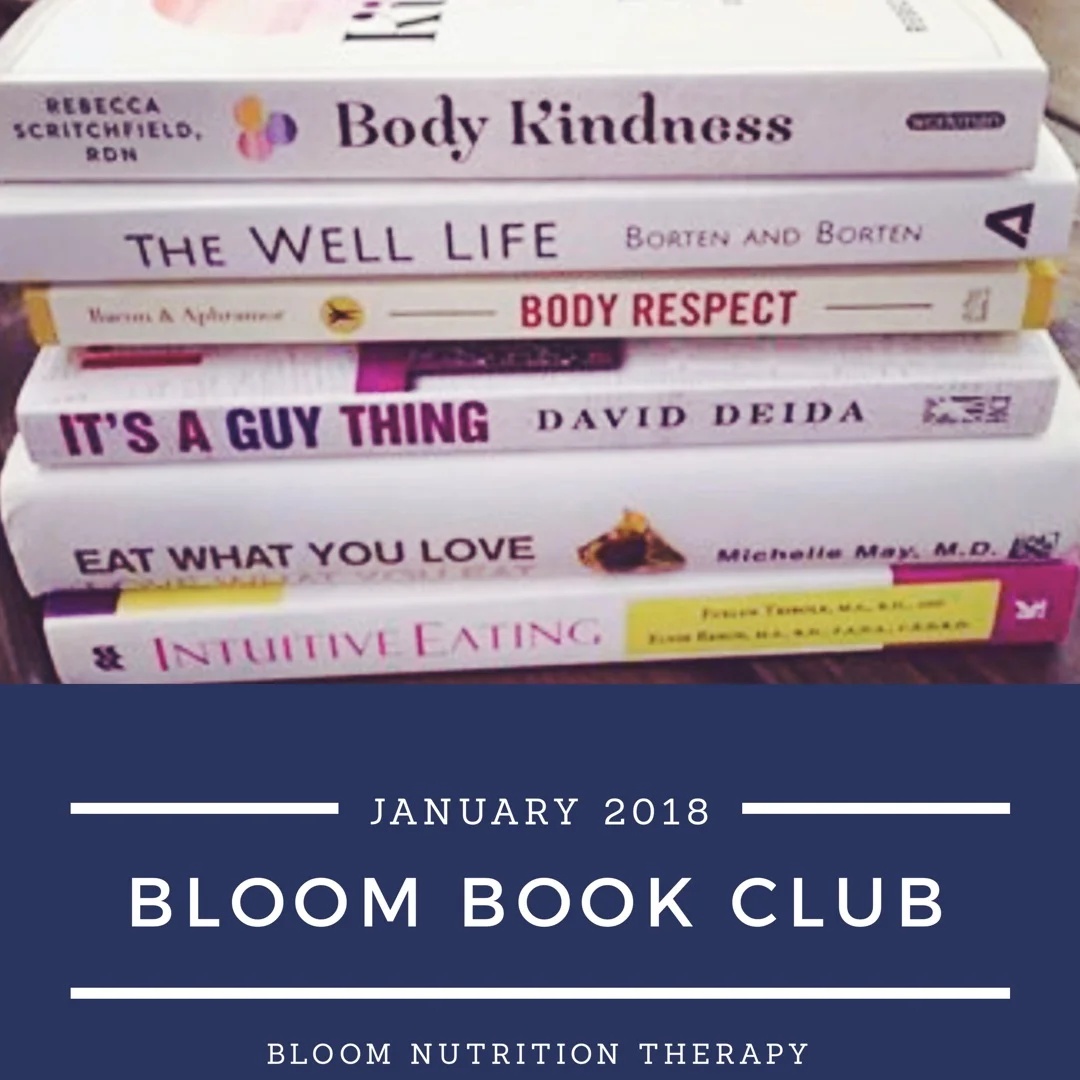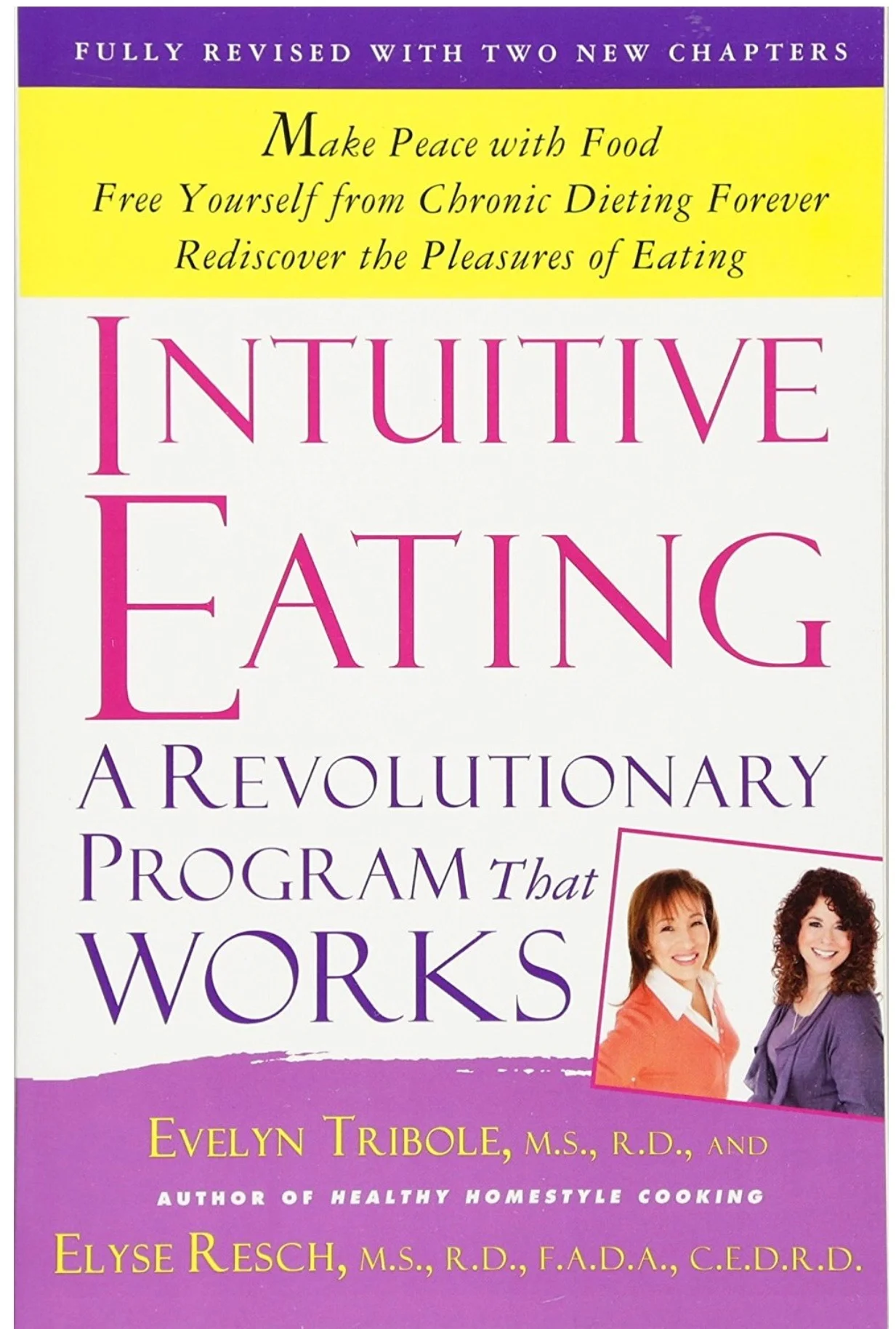Body Positive Influencers
People are shamed everyday for their weight and the way they look, and that is not right at all. Influencers all over the world have decided this stigma against plus-size creators should be put to a stop immediately. As the number of body positive creators rose, the better the social media environment gets.
Social media has always tried to fit people into a “box”. To get famous, you need to be “skinny” and have a perfect life. This idea has brought down the confidence of men and women for a long time. People are shamed everyday for their weight and the way they look, and that is not right at all. Influencers all over the world have decided this stigma against plus-size creators should be put to a stop immediately. As the number of body positive creators rose, the better the social media environment has gotten. In today’s blog, I have listed ten body positive creators on the social media platform Instagram that you should check out and follow!
#1 Mik Zazon (@mikzazon)
Mik Zazon is a 26 year old instagram influencer who has 1 million followers. She posts multiple times a week, and focuses on normalizing insecurities in women today.
#2 Michelle Elman (@michellelelman)
Elman is a 29 year old life coach, author, and influencer who has 245 thousand followers. She talks about many mental health topics and stigmas on her page.
#3 Anna Sweeney (@dietitiananna)
Anna is an eating counselor with 130 thousand followers. On her page, she posts about having healthy eating habits and exposing the harm of eating disorders.
#4 Neha Parulkar (@nehaparulkar)
Neha is a plus-size model and body positive influencer with 50 thousand followers. She posts about what it’s like to be a plus-size ethnic woman in today’s society.
#5 Kadeeja Sel Khan (@emeraldxbeauty)
Khan is an acne model and skin activist with 383 thousand followers. She is trying to normalize having acne and stop people from feeling ashamed of it.
#6 Claus Fleissner (@extra_inches_plussizeblog)
Fleissner is a plus-size model with 20 thousand followers. He uses his page to promote more plus-size representation in the fashion industry.
#7 Riccardo Onorato (@guyoverboard)
Onorato is a body-positive influencer with 81.7 thousand followers. He uses his page to show how men are pressured to conform to society’s beauty standards, and how he got through those pressures himself.
#8 Ryan Sheldon (@realryansheldon)
Sheldon is an influencer with 20.6 thousand followers. He talks about how he struggles with an eating disorder on his page, and also how he overcame it.
#9 Zach Miko (@zackmiko)
Miko was Target’s first plus-size model ever, and caused people to start talking about body inclusivity more because of his achievements.
#10 Kelvin Davis (@kelvindavis)
Davis is a body-positive influencer and model with 124 thousand followers. His page promotes self-love and acceptance of yourself and your body.
Resources :
Taylor Andrews (2021, March 3). Follow these 15 body positive activists for all the ~good Vibes~. Cosmopolitan. Retrieved October 6, 2022, from https://www.cosmopolitan.com/health-fitness/g13352390/body-positivity-instagram-accounts/
Wheeler, K. (2020, July 10). 11 male body confidence bloggers you need to follow now. Happiful Magazine. Retrieved October 6, 2022, from https://happiful.com/male-body-confidence-bloggers-to-follow/
Kylee Roberts, Mental Health Virtual Assistant
Co-Written by Amber Madden, LPCC-S
Intuitive Eating Review (Video)
The Bloom Book Club kicked off it's first pick for the Winter edition of 2018 with the ever popular and infamous Intuitive Eating by Evelyn Tribole and Elyse Resch. Below you will find a video of my take on the book as I answer some of the thought provoking questions shared in our exclusive, private Facebook Group for the Bloom Book Club members.
The Bloom Book Club kicked off it's first pick for the Winter edition of 2018 with the ever popular and infamous Intuitive Eating by Evelyn Tribole and Elyse Resch. Below you will find a video of my take on the book as I answer some of the thought provoking questions shared in our exclusive, private Facebook Group for the Bloom Book Club members.
The Bloom Book Club offers an additional level of support for those wanting to learn more about incorporating Intuitive Eating, those recovering from disordered eating and those wanting to embrace a non-diet lifestyle. The Bloom Book Club includes a private Facebook Group to inspire discussion related to the current selection, as well as a quarterly review video or written discussion. By joining as a Bloom Subscriber, you also receive live group attendance in the quarterly discussion and a homework assignment or action challenge emailed. Join today for FREE!
How One Magazine Changed My Life
I can remember wanting to buy all the magazine publications I could. I would inpatiently wait every month for new editions of my favorites to hit the stands. Teen, Seventeen, Glamour, Cosmogirl - I spent my allowance on all of them. What articles was I most interested in reading? Everything that had to do with diet, fitness and beauty.
In present day society, diet culture is everywhere you turn. Hundreds of television commercials advertising the latest beauty products and fitness brands, your favorite celebrities talking about what diet they're currently on and even the publications we read.
There are many reasons and ways one can be susceptible to disordered eating or an eating disorder. The factors which contribute to these issues are often multifaceted, meaning there are usually multiple factors. These factors include, but are not limited to: family pressures and dynamics, images portrayed by the media, experiences with peers throughout childhood, genetic predispositions, trauma, and more. We cannot always control for all of these factors. In fact, many are out of our control. However, I do believe we can work towards creating a more positive environment by creating personal boundaries.
When I was a pre-teen adolescent, verging on the entry of those dreaded middle school years, I was very susceptible to the influences of the diet and fitness industries. Like many young girls (and young boys) the puberty years are some of the toughest to endure because of all the bodily changes that take place.
During this time of my adolescence, I can remember wanting very much to change my appearance. Whether it was so boys would like me more or to fit in with my peers, I was desperate to learn everything I could about how to change my appearance to look more like what I was exposed to at the time. Magazine publications became a huge influence for me and how I would cultivate my identity, or at least what I thought my identity should be based on the messages I received.
I can remember wanting to buy all the magazine publications I could. I would inpatiently wait every month for new editions of my favorites to hit the stands. Teen, Seventeen, Glamour, Cosmogirl - I spent my allowance on all of them. What articles was I most interested in reading? Everything that had to do with diet, fitness and beauty.
The magazine industry is a multibillion dollar industry that bases all their earnings from the advertisers that support them. Flip through any given magazine and you're likely to find more than half of it is advertisements about beauty products, fitness brands and diet companies. Perhaps the most troubling aspect of these publications, is that many of them masquerade as a way to try and help and improve you. With headlines like, "Age proof your whole body," and, "Flat Belly Finally - Score Flat Abs," the headline sounds like it's trying to solve a problem you have, when in actuality, it's telling you that your body is the problem.
But that's how advertising works. It's a cycle. The magazine publication headlines and articles need to convince you that there is something wrong with you so that you will subscribe to wanting/trying to fix the "problem." To do so, you have to buy beauty products, diet supplies and fitness gear. And that's how they earn their money, because the advertisers pay the magazines to publish these articles convincing you to feel bad about yourself so that you will buy their products. (Mic drop.)
To this very day, I can remember a very specific issue of a magazine called YM. I can remember exactly what the cover looked like and most of the content of the magazine. I read this issue SO MANY TIMES that I practically had it memorized. This issue was their "Fitness and Beauty Special Edition" for that year and was riddled with hundreds of tips for "getting the body you want," and "finally getting thin." I soaked up all of these messages like a dry sponge. I read this magazine cover to cover so many times that the actual cover did eventually wear off. I read it so many times that even now, nearly twenty years later, I had no problem picking out the cover of the magazine from a Google image search.
Action Challenge
Looking back, these magazines did not teach me how to prioritize my health, but brainwashed me into having a diet mentality. As an adult, I am amazed even to this day how many of these magazines are still using these same tactics. Magazines that by the very title and definition should be helping you to achieve long-lasting health, have a very different motive entirely. One of the challenges we complete in my Break the Mold: Building Better Body Image course is to complete a Google image search of your favorite magazine publication. In this example here, we search for the popular Women's Health Magazine.
When I think of my health, I think of it as a part of myself that is comprised of many different aspects. There's my mental health, physical health, emotional health and my social health (how I relate with others). However, a quick Google search for the Women's Health Magazine blatantly demonstrates that the magazine's definition of "health" primarily focuses on appearance, NOT other important measurements of health.
What You Can Do
It is unlikely the magazine industry is going to read this post and make drastic changes overnight. After all, they are already aware of the damage they cause, but do little to make changes unless pressured by greater demands. For example, YM magazine acquired a new editor who boldly decided to stop publishing harmful articles and headlines for their magazine. Subsequently, advertisers began pulling their ads from the magazine. YM ceased publishing shortly thereafter.
It will not be enough for one editor to make the decision that these articles and advertisements are harmful. We will only see change once consumers begin spending their money in other industries other than beauty products and diet brands. Perhaps that begins with you. I challenge you to take a look at the publications, advertisements and other media avenues you subscribe to and ask whether or not the messages you are supporting are helpful or harmful to you and your values. We CAN make a choice to spend our money on things that bring us joy, peace and harmony with ourselves and our bodies. Instead of spending your money on the latest beauty trend or diet food, think about investing that money in a evergreen experience which will bring you joy for years to come, such as travel or relationships.
My hope for the future is that we see more and more of these publications respond by pulling advertising targeting towards beauty and diet brands. Instead, I believe if we (as women) demonstrate that we want to be valued for other reasons, then we will begin to see different features in the media. I, for one, would rather read about travel experiences, personal stories of growth and health articles that speak of health in the many different ways that are NOT related to weight or size.
Setting Your Non-Diet Resolutions
I love the feel that a New Year brings. I know some are completely against setting New Year's Resolutions, and if that's you, I totally understand. Resolutions have gotten a bad rep in a lot of ways because some view them as standards they set for themselves and then are unable to keep.
I love the feel that a New Year brings. I know some are completely against setting New Year's Resolutions, and if that's you, I totally understand. Resolutions have gotten a bad rep in a lot of ways because some view them as standards they set for themselves and then are unable to keep.
I view New Year's resolutions as a way to reset for the next year to come. Resolutions help provide me with a framework for the intentional life I want to lead. During this time, I can shape a plan with both short and long term goals about whatever way that I want to make the most out of the next year.
I think another reason New Year's resolutions have grown to be a bit of a punch line for a bad joke is because most setting goals for the new year will almost always include some type of fitness or weight loss goal. The health and fitness industry experiences a boom in marketing this time of year. Participate in any gym and you're likely to have difficulty finding an open treadmill until March.
So for all of us who are exposed to these messages, this push to change our body - this message is for you. You can say no. You can make a decision to NOT participate or set diet and weight loss goals this year. Research indicates that 95% of diets will fail and of those 5% that succeed, it's likely those individuals have had to shape their entire lives around being a certain size or shape (i.e. meal planning, working out, counting calories, skipping social outings, etc.).
If you're in recovery, or newly embracing the intuitive eating message, you may find it especially difficult during this time of year. Promotions and advertising are centered around weight loss and the office becomes a place where diet-talk and trading New Year's resolutions intentions will be constant. It's likely you'll feel a pull to engage and participate with everyone else and that's okay. Use this as an exercise to not get sucked back into the diet culture. Use this as an opportunity to share with others why you're not setting diet resolutions this year. Challenge others to share resolutions that have nothing to do with changing their appearance.
Here are some non-diet resolutions you can consider instead:
- Learn to play an instrument (it's never too late!)
- Set a number of books you wish to read this year. (Have you joined the Bloom Book Club? #shamelessplug)
- Aim to get outside and enjoy the fresh air and nature daily.
- Plan quarterly home projects with monthly financial plans to make those projects happen.
- Write in a journal daily.
- Develop a bedtime routine that will allow you to have better rest and sleep.
- Treat yourself at least once a month to a massage, a day at the spa, or just a lunch out alone.
- Catch up with an old friend at least once a quarter.
- Join a recovery related support group via online or in person. (Bloom has a free Facebook Group!)
- Plan a destination vacation trip, even if it's just for the weekend. Set monthly goals to make it happen.
- Try one new recipe a week or a month, whichever fits your schedule better.
- Take one day a week to totally relax and recharge (i.e. stay in your comfy clothes, wear no makeup, etc.)
- Learn about a new subject. Read one blog post or article about the subject every morning to get your day started.
- Schedule a date night with your significant other at least once a week, even if it's just a movie together at home.
I would love to hear any other non-diet ways that you plan to be more intentional for this upcoming year. Feel free to share in the comments!
An online community supporting your non diet journey.
Grab your seat!
Introducing the Bloom Book Club (And a Giveaway!)
Imagine an engaging community where we can discuss with one another popular (and sometimes not so popular) titles and selections regarding a variety of topics. Intuitive eating, disordered eating recovery, women and feminism issues are just a few of the topics we'll be exploring. I think this will be a great opportunity to take advantage of a more affordable service if one on one sessions or group sessions are unobtainable at the moment.
Hello everyone,
I am excited to announce a project that I've been working on quite a while now! If you're like me and are a fan of all things books, learning, friendly debate, coffee, tea and wine -- then this is for you!
Imagine an engaging community where we can discuss with one another popular (and sometimes not so popular) titles and selections regarding a variety of topics. Intuitive eating, disordered eating recovery, women and feminism issues are just a few of the topics we'll be exploring. I think this will be a great opportunity to take advantage of a more affordable service if one on one sessions or group sessions are unobtainable at the moment.
The Book Club will include:
- Tiered membership levels, including a FREE membership!
- Quarterly LIVE discussions of the current selection participants can attend as a group.
- Action challenges and homework assignments emailed directly to you to help you implement the material of the reading.
- The ability to vote and recommend upcoming selections.
- A written review of the quarterly selection.
- A separate, private Facebook group with weekly discussions, live videos and lively debate about the current selection.
- A way to improve your learning, continue your recovery and promote positive change without attending sessions or webinars.
First Selection
Our first book selection for the first quarter, January through March, will be the ever infamous Intuitive Eating!
*************GIVEAWAY******************
To kick off this launch, I'm giving away 5 Quarterly Memberships to the Book Club!! Just follow the link below and enter!
Enter GIVEAWAY Here ---> http://www.rafflecopter.com/rafl/display/0d1a90104/?
Drawing ends next Saturday, January 6th. Book Club begins on January 15th.
Special Promotion Ends January 15th
In addition, you can also signup for a Quarterly Membership for a promotional rate of just $5 (ordinarily $15) for your first quarter. Ends January 15th!
Enter GIVEAWAY Here ---> http://www.rafflecopter.com/rafl/display/0d1a90104/?
Explore Bloom Book Club Here ---->https://www.maddenwellnessky.com/bloom-book-club/
Self Care and Saying No Through the Holidays
Sometimes, the best way to take care of yourself is to learn to say no. If you don't love the green beans and you're only eating them because you feel like some "food rule" has told you to eat all your veggies, or because they were there, then mark this as your freedom to say no. Instead, choose to eat items at the holiday meal that you truly love.
Since I was a small child, I remember the Thanksgiving and Christmas meals as always being a time when everyone would eat to past fullness. It was normal and common to fill the dinner plate to the brim and then go back for seconds...sometimes thirds. There have been many holidays in my past in which I can remember feeling sick afterwards, finding it necessary to even go lie down right after dinner to "sleep off" the meal.
Of course, there's nothing wrong with some over indulgence at the holiday meal time. Some may refer to this eat past fullness as a binge, but according to the DSM V and the diagnostic criteria for Binge Eating (link to archive blog), eating past fullness or eating more than others normally would only applies if it occurs in a situation in which others do not normally eat more than usual. In this case, the overeating behavior would not apply as a binge eating episode because it is normal for overeating to occur during the holiday season.
However, I can remember my father engaging in the holiday meal time very differently. My father suffered and still suffers occasionally with acid reflux, in which sometimes certain choices with food results in having a very negative reaction for his stomach and digestion. He learned that it was better for him to start saying no to eating past fullness. He practiced saying no at family gatherings if he knew he had already ate a satisfying meal. Though at times other family members initially questioned and were dismayed at his behavior, most learned to expect and respect his decision in his eating behaviors during the holiday meal. My dad was making the choice to eat for how he wanted to feel, an intuitive eating practice.
During the holiday season it is known and nearly expected to overeat. Many find it difficult to skip out on meal selections that perhaps, they wouldn't normally eat. For example, if you don't LOVE green beans, but perhaps you still feel compelled to put them on your holiday meal plate just because they're there. Some reasons might be because you want to "get in your vegetables" or because "they were there and so I thought I would eat them."
Another common mistake some make in intuitive eating at holiday time is eating items in order to make others happy. Many individuals are blessed with multiple family gatherings, sometimes back to back in the same day, where they feel obligated to eat at each get-together. Again, it's a cultural expectation to eat during the holiday season and many fear offending the host or the cook if they skip certain food selections or if they were to not eat altogether.
Sometimes, the best way to take care of yourself is to learn to say no. If you don't love the green beans and you're only eating them because you feel like some "food rule" has told you to eat all your veggies, or because they were there, then mark this as your freedom to say no. Instead, choose to eat items at the holiday meal that you truly love. For example, this time of year may be the only time you will be able to enjoy Grandma's apple pie. The pie is something you definitely want to make room for, so why take up some of that room with green beans you don't love and can have any time of year?
During the holiday season, there can be a lot of pressure to eat ALL THE FOODS because you don't want to offend the host or the cook. This could easily turn into a problem if you are going to multiple engagements and there are multiple hosts to please. Practice saying no in these circumstances. Sure, it's plausible someone might become slightly curious about why you're not eating, but remember that most individuals will be in the same boat as you, with multiple holiday gatherings to attend in which they won't feel hungry for. Just like the experience with my father, your family members will learn to expect and respect your choice to not overindulge.
All of this to say, listen to your body's cues this holiday season. The holiday meals ARE a time to indulge, celebrate and engage in fellowship with others which usually involves food. This time of year it is considered "normal" to eat past your fullness cues and it would not be considered problematic to do so. However, if you feel it is best for YOU to pick and choos what items or meals you plan to eat because ultimately you will physically feel better after eating, know that it is not selfish or bad manners to say no.
``````````````````````````````````````
BLACK FRIDAY SPECIAL
The Break the Mold: Building a Better Body Image Course is available for half price until 11/30/17. Click here to for more information about the course and to claim your special!























